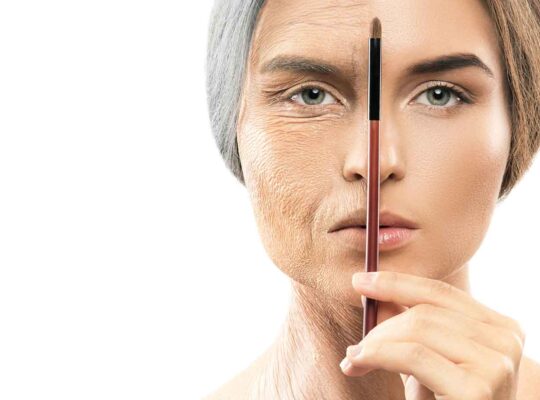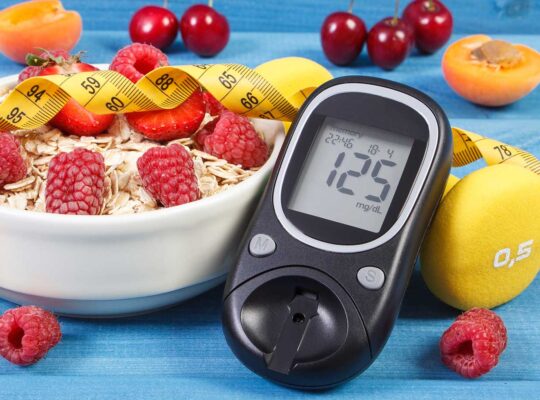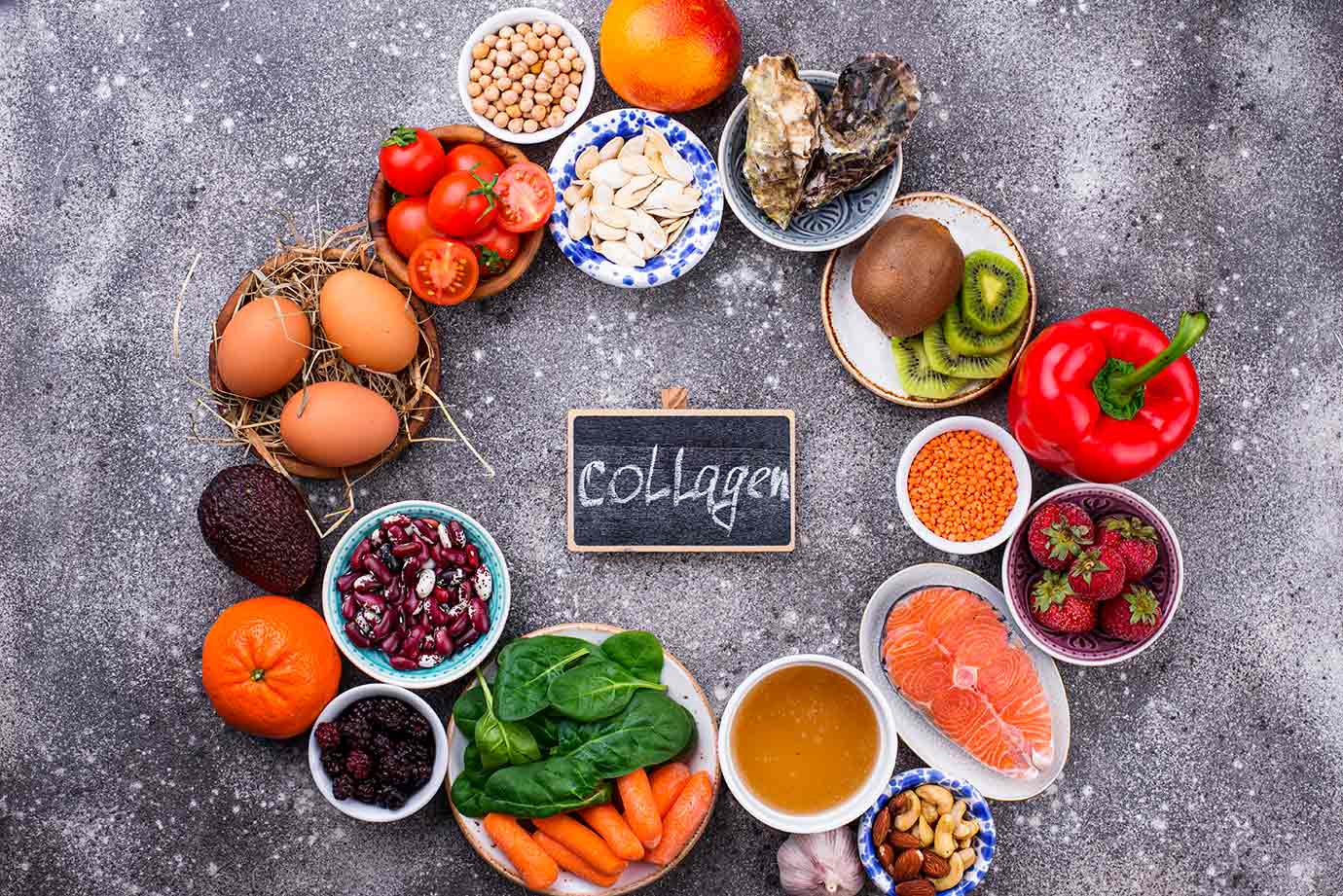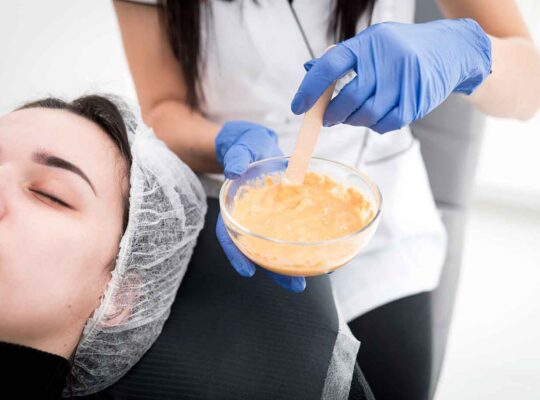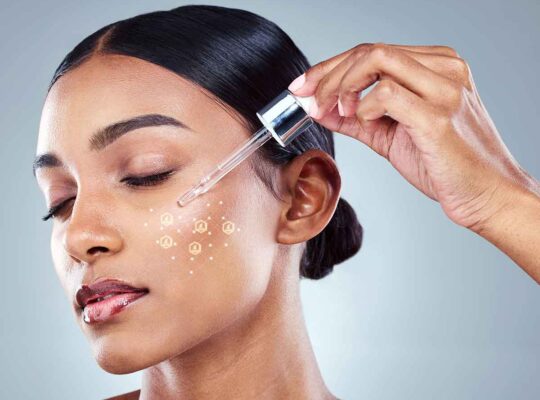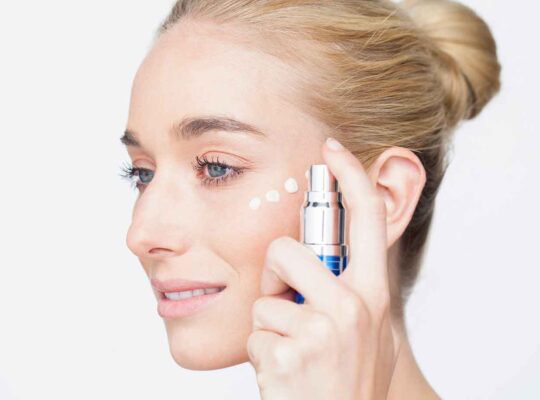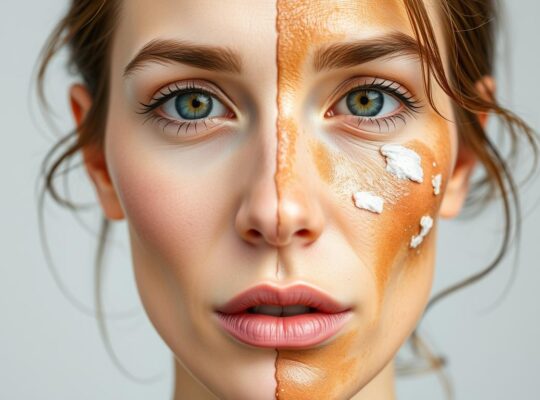Collagen for Skin: Benefits, Sources, and Natural Boosting Tips
Have you ever wondered why your skin starts to sag or why wrinkles and fine lines appear as you get older? The answer lies in collagen—a super important protein that helps keep your skin firm, smooth, and hydrated. Collagen is like the building blocks that give your skin its structure. But as we age, our bodies start making less collagen, which can lead to wrinkles, sagging, and dry skin. In this article, we’ll break down what collagen does for your skin, the benefits it offers, where to find it naturally, and how you can boost its production to keep your skin looking young and healthy.
The Role of Collagen in the Skin
Collagen is the most common protein in your body, making up about 75% of your skin’s structure. Imagine collagen as the framework of a building—it holds everything in place and keeps it strong. Collagen helps your skin stay firm, elastic, and hydrated. Without enough collagen, your skin can become loose, dry, and more prone to wrinkles.
How Does Collagen Support Skin Health?
Collagen does a lot of work to keep your skin looking good. Here’s how:
- Elasticity: Collagen helps your skin stretch and bounce back, which is why young skin is so elastic and firm.
- Hydration: Collagen holds moisture in your skin, keeping it plump and smooth.
- Repair: When your skin gets damaged, collagen helps repair and regenerate new skin cells.
Knowing how collagen works helps us see why it’s so important for keeping our skin healthy.
3. The Benefits of Collagen for Skin
Now that you know what collagen does, let’s explore the specific benefits it offers for your skin.
Skin Elasticity
One of the biggest benefits of collagen is that it helps your skin stay elastic and firm. As you get older, your skin loses some of its elasticity, which can lead to sagging and wrinkles. Collagen helps keep the skin tight and bouncy. Studies show that when you increase collagen in your skin, it can improve elasticity, making your skin look firmer and more youthful.
Wrinkle Reduction
Wrinkles and fine lines are a natural part of aging, but they’re also a sign that your skin’s collagen levels are dropping. Collagen works to fill in those wrinkles and fine lines, making them less noticeable. By boosting your collagen levels—whether through diet, supplements, or skincare products—you can smooth out wrinkles and achieve a younger-looking complexion.
Skin Hydration
Collagen is also key to keeping your skin hydrated. It helps your skin retain moisture, which is essential for keeping it soft, smooth, and plump. Hydrated skin not only looks healthier but also helps delay signs of aging like dryness and fine lines. When your skin is well-hydrated, it has a natural glow and feels soft to the touch.
Healing and Repair
Collagen plays a big role in healing wounds and repairing skin. When your skin gets hurt, collagen helps fix and regenerate the damaged areas. That’s why collagen is often recommended for improving scars and speeding up the healing process. It’s a critical part of how your skin naturally heals itself.
Key Benefits of Collagen for Skin
| Benefit | Description | Example Studies |
|---|---|---|
| Skin Elasticity | Helps keep the skin stretchy and firm, so it doesn’t sag. | Studies show improvements in skin firmness. |
| Wrinkle Reduction | Fills in wrinkles and fine lines, making them less visible. | Research shows reduced wrinkle depth. |
| Skin Hydration | Helps the skin hold onto moisture, keeping it soft and plump. | Studies on collagen’s role in skin moisture. |
| Healing and Repair | Supports skin repair and healing, which can help improve scars. | Research on collagen and wound healing. |
4. Natural Sources of Collagen
You can find collagen naturally in certain foods, and eating these can help boost your body’s collagen levels.
Dietary Sources
- Bone Broth: Made from simmering animal bones, bone broth is packed with collagen and other nutrients that are great for your skin.
- Fish: Fish, especially those with skin like salmon, are rich in collagen. Plus, the collagen from fish is easier for your body to absorb.
- Eggs: Egg whites are high in proline, an amino acid that’s essential for making collagen.
- Citrus Fruits: While not containing collagen directly, fruits like oranges and lemons are high in vitamin C, which your body needs to produce collagen.
- Berries: Strawberries, blueberries, and raspberries are loaded with vitamin C and antioxidants, which help protect your skin and support collagen production.
Supplements
Collagen supplements are a convenient way to increase your collagen intake. Here are the most common types:
- Hydrolyzed Collagen: This type of collagen is broken down into small particles, making it easier for your body to absorb. You can find it in powders, capsules, and drinks.
- Marine Collagen: Derived from fish, marine collagen is known for being easily absorbed by your body.
- Collagen Peptides: These are tiny chains of amino acids that mix easily into drinks or food and are highly digestible.
Topical Products
You can also apply collagen directly to your skin through various skincare products. While these products might not get collagen deep into your skin, they can still help improve your skin’s surface:
- Collagen Creams: These creams help to hydrate and smooth your skin, making it look and feel better.
- Retinoids and Peptides: These ingredients in skincare products can stimulate collagen production in the deeper layers of your skin, providing long-term benefits.

5. How to Boost Collagen Production Naturally
Healthy Diet
Eating foods that support collagen production is one of the best ways to keep your skin healthy. Here are some key nutrients to include:
- Vitamin C: Found in citrus fruits, bell peppers, and leafy greens, vitamin C is vital for making collagen.
- Zinc: Zinc supports collagen production and can be found in foods like oysters, beef, and pumpkin seeds.
- Amino Acids: Foods rich in amino acids, such as eggs, nuts, and seeds, give your body the building blocks it needs to make collagen.
Lifestyle Habits
Your daily habits also affect your collagen levels:
- Stay Hydrated: Drinking plenty of water helps keep your skin hydrated, which supports collagen.
- Protect Your Skin from the Sun: Too much sun exposure can break down collagen, so it’s important to wear sunscreen and avoid too much sun.
- Avoid Smoking: Smoking reduces collagen production and damages your skin, making it age faster.
Skincare Routine
Using certain products and treatments in your skincare routine can help boost collagen:
- Retinoids: These are forms of vitamin A that can increase collagen production.
- Peptides: These small proteins signal your skin to produce more collagen.
- Red Light Therapy: This treatment uses specific types of light to stimulate collagen production in your skin.
Advanced Treatments
For those looking for more intense ways to boost collagen, there are advanced treatments available:
- Microneedling: This procedure uses tiny needles to create small injuries in the skin, which triggers collagen production as your skin heals.
- Laser Therapy: Lasers can remove the top layer of skin, encouraging new, collagen-rich skin to grow.
- Collagen Induction Therapy: Similar to microneedling, this treatment targets deeper layers of skin to stimulate collagen production.
Natural Ways to Boost Collagen Production
| Method | How it Works | Recommended Practices |
|---|---|---|
| Healthy Diet | Provides nutrients your body needs to make collagen. | Eat foods rich in vitamin C, zinc, and amino acids. |
| Hydration | Keeps your skin hydrated, which helps collagen do its job. | Drink at least 8 glasses of water a day. |
| Sun Protection | Prevents sun damage that can break down collagen. | Use broad-spectrum sunscreen daily. |
| Skincare Routine | Boosts collagen production directly in the skin. | Use retinoids, peptides, and try red light therapy. |
| Advanced Treatments | Stimulates collagen production by rejuvenating the skin. | Consider microneedling or laser therapy for a collagen boost. |
Conclusion
Collagen is super important for keeping your skin looking young and healthy. It helps your skin stay firm, smooth, and hydrated. While it’s normal for collagen levels to drop as you get older, there are many ways to keep your collagen levels up—through your diet, supplements, healthy habits, and skincare routines. By taking steps to support your collagen, you can keep your skin looking great for years to come.
If you’re looking to improve your skin, try adding collagen-boosting practices to your daily routine. Whether it’s eating more collagen-rich foods, using a supplement, or exploring advanced skincare treatments, taking care of your skin now can make a big difference in the future.
FAQs
- How long does it take to see results from collagen supplements?
- Most people start to notice better skin within 4 to 8 weeks of taking collagen supplements regularly.
- Can collagen help with acne scars?
- Yes, collagen can help improve the appearance of acne scars by helping your skin repair itself.
- Is it better to take collagen supplements or use collagen creams?
- Taking collagen supplements is generally more effective because they work from the inside out, while creams mostly help the skin’s surface.
- What foods are best for boosting collagen?
- Foods rich in vitamin C, zinc, and amino acids, like citrus fruits, eggs, and fish, are great for boosting collagen.
- Can I boost collagen naturally without supplements?
- Yes! Eating a healthy diet, protecting your skin from the sun, staying hydrated, and using the right skincare products can all help boost collagen naturally.


